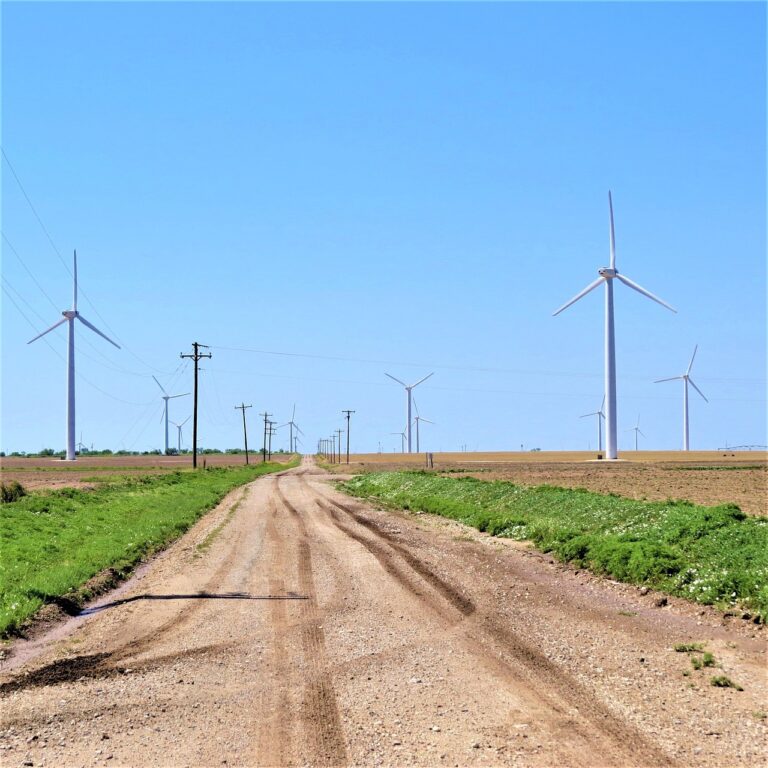How to Manage Automotive Logistics for Large-Scale Recalls: 11xplay pro, Tiger 247 login, Betbook
11xplay pro, tiger 247 login, betbook: Large-scale recalls in the automotive industry can be a logistical nightmare. With potentially millions of vehicles affected, manufacturers must quickly and efficiently manage the process to minimize disruptions to their customers and reputation. From coordinating parts shipments to communicating with dealers and customers, there are numerous challenges to overcome. In this article, we will discuss how to effectively manage automotive logistics for large-scale recalls.
Understanding the Scope of the Recall
The first step in managing a large-scale recall is to understand the scope of the issue. This includes identifying the affected vehicles, determining the root cause of the problem, and assessing the potential impact on customer safety. By having a clear understanding of the issue at hand, manufacturers can better plan and execute their recall strategy.
Coordinating Parts Shipments
One of the biggest challenges in managing a large-scale recall is coordinating parts shipments. Manufacturers must work closely with their suppliers to ensure that replacement parts are available in sufficient quantities and delivered in a timely manner. This requires careful planning and coordination to avoid delays and minimize downtime for affected vehicles.
Communicating with Dealers and Customers
Effective communication is key to managing a large-scale recall. Manufacturers must keep their dealers informed of the latest developments and provide them with the support they need to handle the influx of affected vehicles. Similarly, customers must be kept informed of the recall process, including how to schedule repairs and what to expect during the service appointment.
Implementing a Recall Strategy
Once the scope of the recall has been determined and parts shipments coordinated, manufacturers must implement a recall strategy. This includes scheduling repairs, training technicians, and monitoring the progress of the recall to ensure that it is being carried out effectively. Manufacturers may also need to consider offering incentives to encourage customers to participate in the recall, such as free loaner vehicles or discounts on future services.
Monitoring and Reporting
Throughout the recall process, manufacturers must closely monitor and report on the progress of the recall. This includes tracking the number of affected vehicles repaired, identifying any potential issues or delays, and communicating this information to regulators, dealers, and customers. By maintaining open lines of communication and transparency, manufacturers can build trust and credibility with all stakeholders involved in the recall.
Continuous Improvement
Finally, managing automotive logistics for large-scale recalls is an ongoing process that requires continuous improvement. Manufacturers must learn from each recall experience to identify areas for improvement and implement changes to their processes and procedures. By constantly striving to do better, manufacturers can ensure that they are well-prepared to handle any future recalls that may arise.
In conclusion, managing automotive logistics for large-scale recalls is a complex and challenging endeavor. By understanding the scope of the recall, coordinating parts shipments, communicating effectively with dealers and customers, implementing a recall strategy, monitoring and reporting on progress, and continuously improving their processes, manufacturers can successfully navigate the challenges and emerge stronger on the other side.
FAQs
Q: How long does a typical large-scale recall process take?
A: The duration of a large-scale recall process can vary depending on the scope of the issue and the number of affected vehicles. In some cases, recalls can be completed in a matter of weeks, while others may take several months to complete.
Q: What happens if a manufacturer cannot obtain enough replacement parts for a large-scale recall?
A: If a manufacturer is unable to obtain enough replacement parts for a large-scale recall, they may need to consider alternative solutions such as repairing affected vehicles in stages or prioritizing repairs for vehicles that pose the highest safety risk.
Q: Are customers required to participate in a large-scale recall?
A: While customers are not legally required to participate in a large-scale recall, manufacturers strongly encourage them to do so to ensure their safety and the safety of others on the road. In some cases, manufacturers may offer incentives to encourage customer participation.







